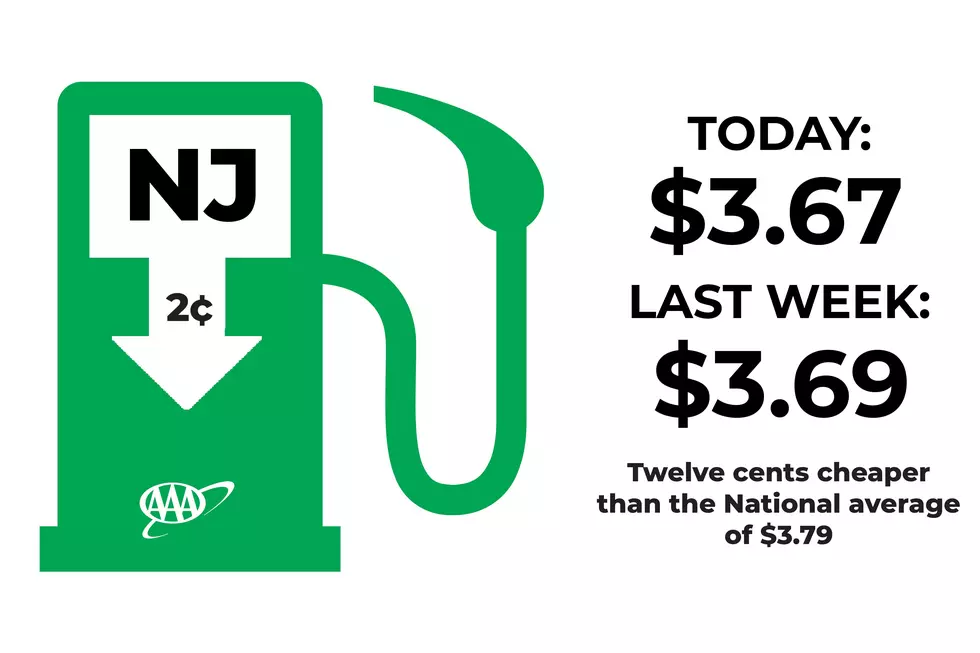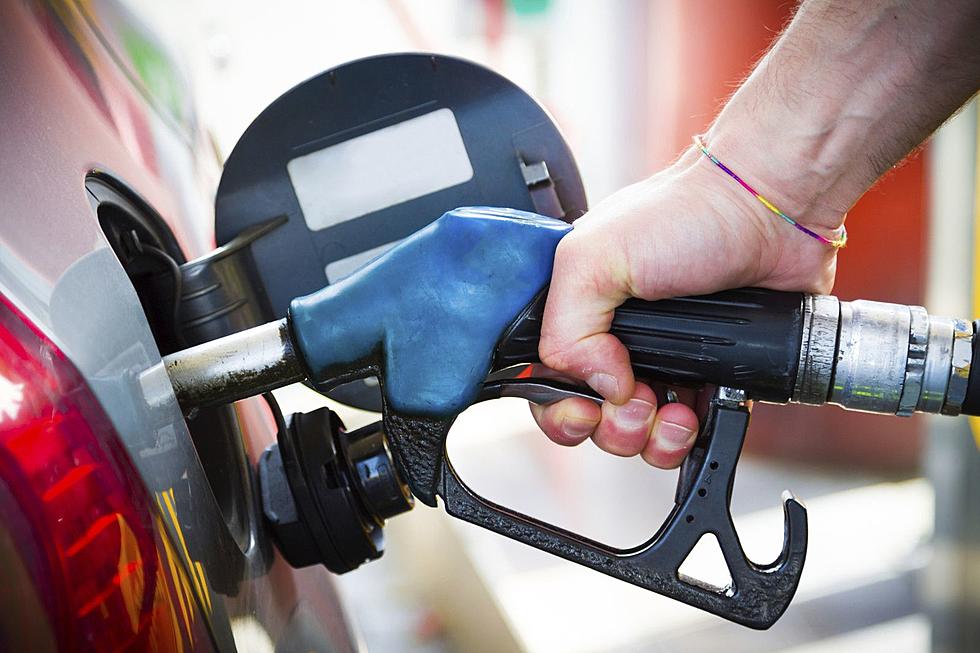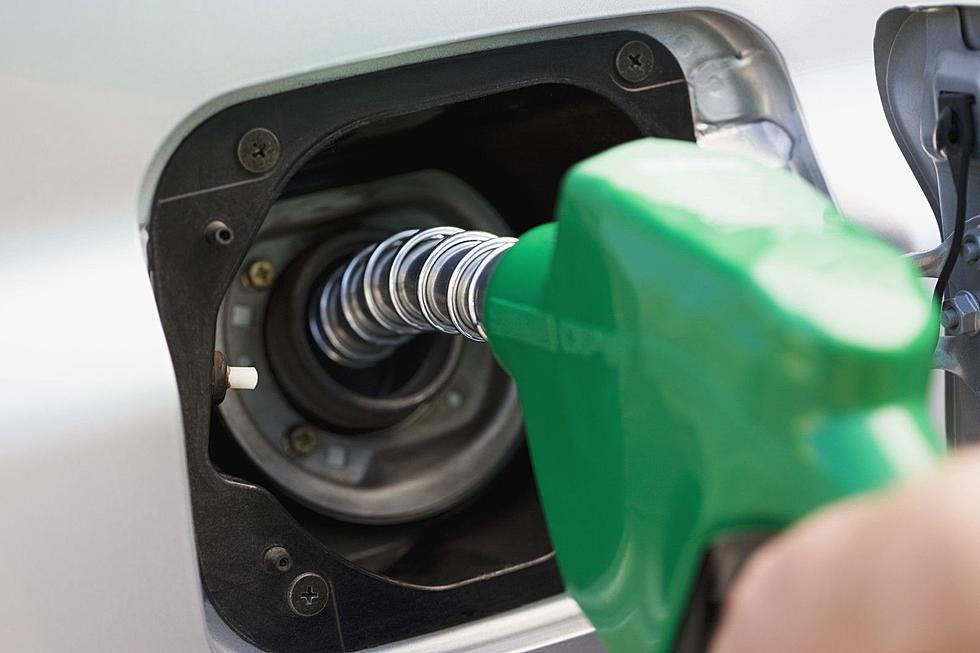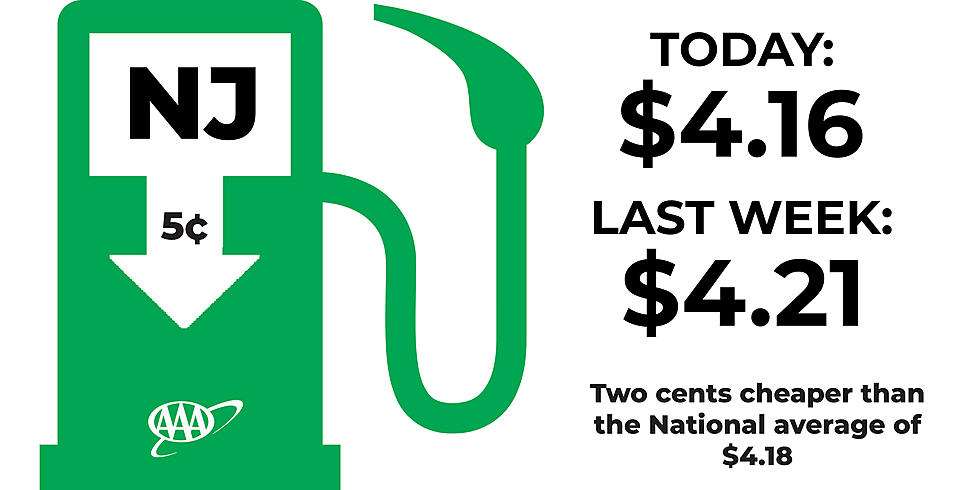
Most drivers are just not ready for self-driving vehicles, says AAA
When it comes to autonomous vehicles, the majority of drivers don't feel safe, according to a new AAA survey. More than 80% surveyed said current technologies like automatic emergency braking and lane keeping assist do not work well enough to justify autonomous vehicles. Only 22% want further development on self-driving cars.
"People are willing to embrace new vehicle technology if it will make driving safer," said Robert Sinclair Jr., a spokesman for AAA Northeast.
But these systems do not work 100% of the time and in some cases they don't work at all, he added.
Self-driving vehicles are still years away from being available to consumers. In the meantime, there are many semi-autonomous cars on the road.
"Unfortunately, we have seen some major mishaps and fatalities as a result of crashes that occurred because drivers were too trusting in these technologies even though they were warned not to be," said Sinclair.
Only 14% said they would trust riding in a self-driving vehicle and 86% said they would be afraid to ride in an autonomous vehicle, according to the survey.
In October 2019, The Automobile Club of Southern California did independent testing of automatic braking with pedestrian detection systems. Sinclair said they found that 75% of the pedestrian fatalities happening at night were because of technologies not working at night at all. These technologies relied on radars and mostly cameras. It turned out there was not enough light at night for these systems to work.
The main takeaway from this survey is that these current technologies cannot be relied on 100%. Sinclair said drivers need to understand these technologies are merely backup systems. If the driver makes an error and the technology works to rectify it, great. But do not be that driver who thinks they should not be paying attention at all behind the wheel. They should not think, under any circumstances that these technologies are meant to save them.
About 58% of drivers actually want these new safety systems on their next vehicle but they need to work better. They recognize them for their life-saving potential in concept, said Sinclair. The problem is that they don't work often, as advertised.
Almost all vehicles now come equipped with at least one advanced drive assistance system such as automatic emergency braking, blind spot warning or lane-keeping assist.
Another reason why drivers may not like self-driving vehicles is because they don't want to give up control behind the wheel, especially senior citizens, said Sinclair. A driver could be drifting out of a lane in order to avoid a pothole but the self-driving vehicle will try to wrest control because it sees the driver is leaving his or her lane of travel.
Celebs Share Their Personal Paranormal Stories
More From New Jersey 101.5 FM









